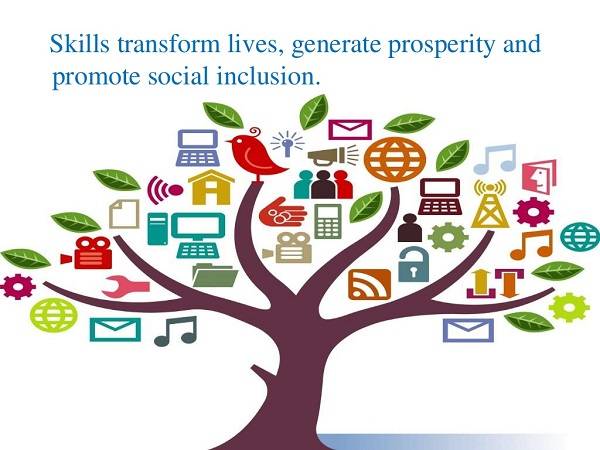Excluding others leads to death…Including others creates new life
As we celebrate the first occasion in the Church today, of the new Feast Word of God Sunday, we are reminded of how easy it is to hear God speaking to us. However, God does not speak to us as robots, but as companions: inviting us to interpret the Word of God for our times.
The priest has a lot of training in interpretation and understanding the context and original meaning of words for the times they were written in. However, there are many resources available for everyone to study and listen more deeply to the Word of God.
Today’s Word of God connected with me through the images of light and darkness. “The people that walked in darkness has seen a great light;”
I’m not sure about you, but several times in my life I’ve been a visitor in some place and, in the middle of the night, searched desperately in the darkness for the bathroom without finding it.
A sense of panic has come over me, until the panic tells my brain to wake up fully, and then I remember where I am, and locate the door. Perhaps you have had similar experiences? Perhaps, as parents, you have lost your child (or they have lost you)? Perhaps, as a youth, you have misplaced or lost your bus fare or lunch money.
More serious, the death of a parent or child can create an emptiness, and deep sadness. When a child loses a parent (or divorce), they may lose a sense of stability and security. I encourage us to reflect on those occasions of “darkness” and how God entered into it.
As I mentioned a few weeks ago, it’s been suggested that depression will be the biggest killer disease in the coming decades. Perhaps depression and loss of purpose in our lives are the greatest times that we need a “light in their darkness”.
The “light” that Isaiah talks about is, of course, the presence of Christ (God) in our lives. And that presence of Christ in our lives is what gives us meaning and hope for the future.
The presence of God is not always verbalised or “believed” by all people. But any time a person is concerned about the wellbeing of others, I believe that Christ is present.
Part of the “light” of Christ is believing in the dignity of all people. And this was one of the struggles of the Israelites who saw themselves as special for themselves (exclusive), rather than as a special agent for God to help the other nations also feel special (inclusive).
I shared a story in previous years which is still relevant: A monkey and a baboon were seated next to each other during Mass in the church.
The priest instructed the people: “turn to your neighbour and say they are beautiful and wonderfully created by God.” The monkey looked at the baboon for a moment, then laughed out loud and told the priest “tell him yourself, I don’t want to lie in church!”
Less obviously, perhaps, do we generalise and reject certain nationalities or types of people? Isaiah continues: “You have made their gladness greater, you have made their joy increase;” Perhaps you might ask: where and how does God enrich us?
And how do we prevent God’s actions to make our joy increase?
Pope Francis, this week, encouraged people to practice the virtue of hospitality, as a very important part of Christian life. Hospitality, acceptance and welcome are three key elements of preventing depression and suicide in people.
Many of us have heard the expression: “together we are stronger than if we go it alone.” At the very beginning of Jesus’ ministry, He called men and women to join him.
And they were all sorts of people! Just reading the early parts of the Gospels does not really inspire us about some of the people selected as disciples and Apostles.
Accepting other people, learning from other cultures will enrich us. Australia rightly boasts of its multi-cultural society, which has strengthened & developed Australia socially & economically
By carefully integrating and welcoming people into our communities,
we can create a more peaceful and prosperous life for all of us.
When employers take a risk and employ people, and if they take time to guide them, and the employees are humble enough to listen, then the business should prosper and the employee will suggest new ideas and solutions for the employer: making his joy increase.
St Paul’s Reading today is simple enough, but it’s a good reminder for us to focus on how we treat others: we all live in the same boat (community), so that, the hardship or isolation we cause for others, will come back to give us hardship and feelings of isolation tomorrow.
Let us be truly interested in reading, understand and responding to the Word of God so that our joy may increase.
By Gerard Conlan, OMI



